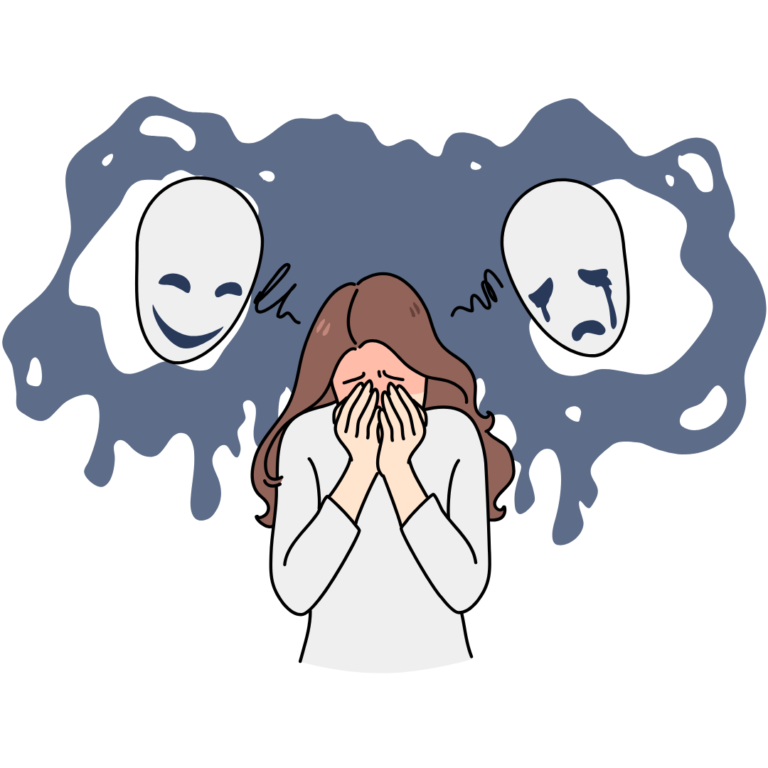Note: Psychosis requires a diagnosis from a psychiatrist. The disorder has complex symptoms that are detailed in the DSM-5 (Diagnostic and Statistical Manual of Mental Disorders, Fifth Edition).
Psychosis, although most don’t know its name, is what most people think of when asked to think of a crazy person. Psychosis happens during a psychotic episode in which a person loses touch with reality. During psychotic breaks, it’s hard to tell what is real and what isn’t, leading to confusion, and often others think that the person affected is insane. However having a psychotic episode doesn’t mean someone is crazy, as there are many symptoms and causes of psychosis.
Defining Psychosis
According to the National Institute of Mental Health, psychosis “refers to a collection of symptoms that affect the mind, where there has been some loss of contact with reality” (https://www.nimh.nih.gov). During psychosis, the affected person experiences delusions or hallucinations. Delusions are when a person believes things that are not real with little to no rationality, for example, someone who is experiencing delusions might think that the government is watching them at all times. Hallucinations on the other hand are experiencing things that are not real. Hallucinations can be experienced through sight, hearing, touch, smell, and taste, some can be minor such as smelling tobacco when no one is using any nearby, to hallucinating entire people. Delusions and hallucinations often go hand in hand as both fuel each other and are defined by the loss of touch with reality.
Symptoms of Psychosis
Accompanied by delusions and hallucinations, many symptoms can accompany psychosis. There are also a multitude of signs that can happen before or during psychosis, indicating to others that psychosis could be taking place. These symptoms and signs can include:
- Paranoia, suspiciousness, and unease about others
- Issues with thinking clearly and logically
- Socializing less and spending more time alone
- Overly intense ideas, feelings, or lack of feelings
- Neglection of hygiene and self-care
- Struggling to sleep, reduced time sleeping, or struggle to stay asleep
- Having a hard time discerning reality from fantasy
- Trouble communicating or confused speech
- Drops in work performance or grades
Possible Causes of Psychosis
Psychosis has been found to have many causes, a combination of genetics, brain development, and mental trauma seem to be the main causes (https://www.nimh.nih.gov). Psychosis can also be a result of physical and mental illnesses. Illnesses such as Parkinson’s disease, Alzheimer’s, and dementia-related diseases are examples of physical illnesses that can cause psychosis, while schizophrenia and bipolar are examples of mental ones. It’s important to note that a person doesn’t need to have an illness to experience psychosis, it can occur without one. A person can also experience psychosis by abusing drugs or alcohol.
Conclusion
Psychosis is a condition that causes one to lose touch with reality. It can have many causes from illnesses, genetics, brain development, and trauma. Hallucinations and delusions often occur and define psychosis. It can sometimes be difficult to realize someone is experiencing psychosis as they may not realize something is wrong. It is crucial for those who experience psychosis to receive treatment and support to help ground the person affected back to reality.
Written By: Jaelyn Diaz, Mental H2O Youth Resource Writer


